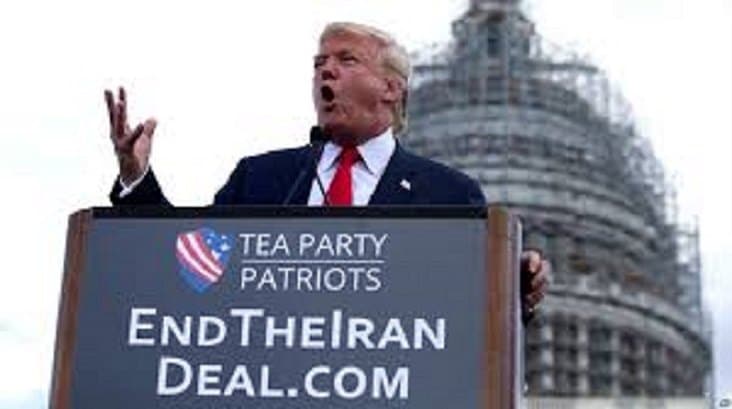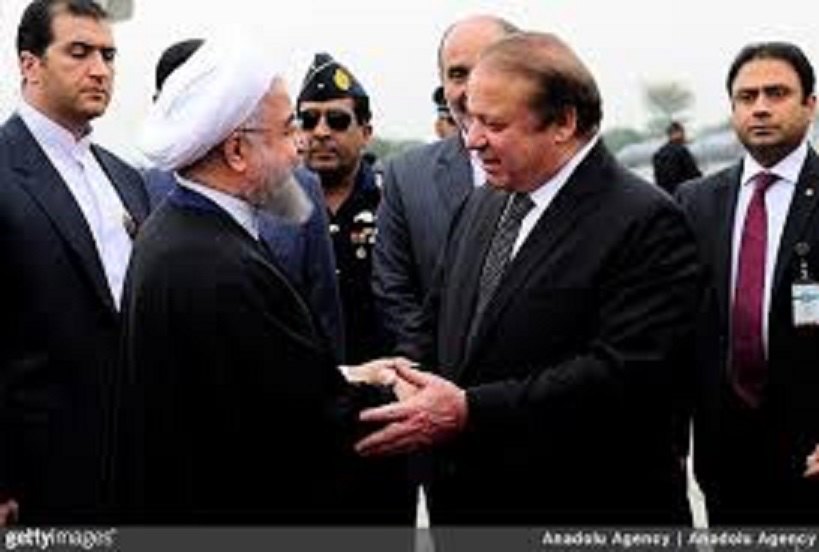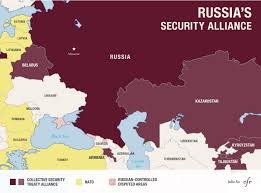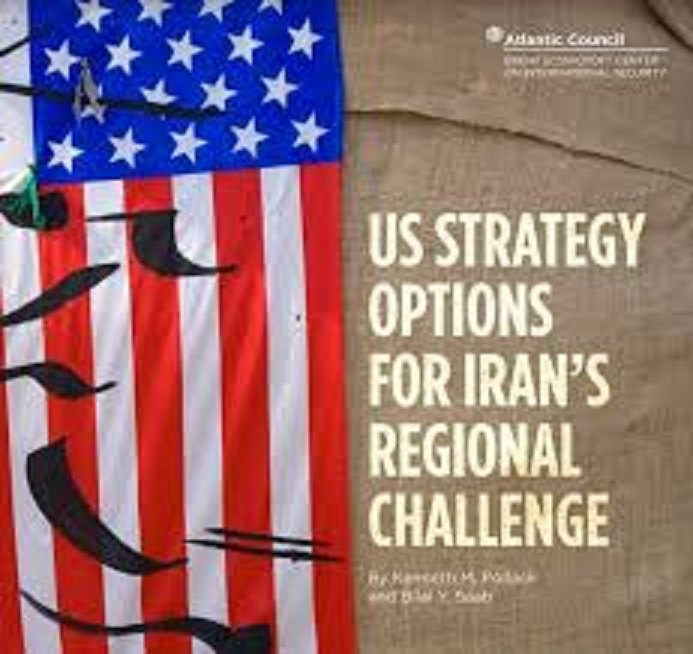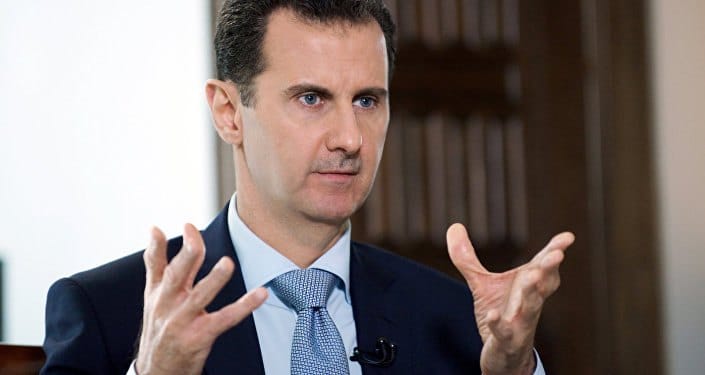New US Sanctions against Iran; Backgrounds and Implications
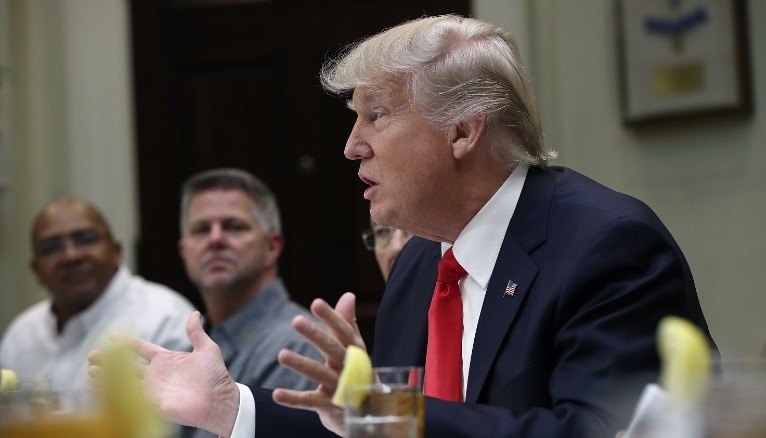
Abdollah Ghanbarlu
After the adoption and implementation of the JCPOA, the new congressional plan, called the “Countering Iran’s Destabilizing Activities Act” is the most comprehensive package of new sanctions imposed by the American decision-makers against Iran. Despite various claims that the new sanctions have no conflict with the JCPOA, various warnings have been expressed on the anti-JCPOA implications of these sanctions. Clearly, the way Trump’s administration applies the Congress Act will have a decisive role in maintaining or weakening the JCPOA.
In the new Sanctions Act, known as the ” Countering Iran’s Destabilizing Activities Act of 2017″ (or S.722), three major charges are listed as a basis for setting sanctions: Iran’s ballistic missile program, support for international terrorism and human rights abuses.
The Act consists of a detailed content framework in the form of 12 sections, which obliges the President of the United States to identify a large circle of Iranian domestic and foreign activities and then impose appropriate sanctions against them.
The two sets of Iranian activities that are mainly managed by the Revolutionary Guards are the main purpose of the new Act: the construction of ballistic missiles capable of launching weapons of mass destruction and the Iran’s provision of equipment to the militants acting against the interests of the United States or its allies in the region.
Congress does not officially designate the IRGC as a terrorist organization, but confronts it with the punishments imposed on terrorists and in practice, the US President will have to recognize the IRGC under Executive Order 13224 as a terrorist organization and subsequently enforce the necessary penalties.
The Congress has re-iterated that the President may temporarily waive the imposition or continuation of sanctions in the name of national interests and national security.
Another important point mentioned in the Act is the need for EU-US cooperation in enforcing these sanctions. The president is required to periodically report to Congress about the EU’s cooperation or non-cooperation with these sanctions.
While Iran is not willing to engage more with the United States, rivals and regional enemies of Iran, including Saudi Arabia and Israel, are seeking the most out of the opportunity. Saudi Arabia is motivated to provoke Washington against Iran and is willing to pay its bills.
The new Act also increases the likelihood of military confrontation between Iran and the United States. The IRGC is the official military organ of Iran. If the US government wants to treat the organization as a terrorist organization, Iran will also be determined to take a similar act towards the US military. The result is an increase in the probability of collision between the two countries in the region.
In the current context, Russia has become more motivated of building a powerful bloc against the United States. While considering Iran as a decisive power in the region, its regional policies are compatible with those of Iran’s. Hence, Iran could still hope to use the military capabilities of the US rivals.
The strategy of maintaining the cause of JCPOA is an obvious matter for Iran. Therefore, the Iranian government needs active and innovative behaviors to protect the agreement. The breakage between the relations of the current US with the outside world is a great opportunity for Iran to be able to more effectively benefit from the nuclear deal while defusing the effects of the new sanctions.

